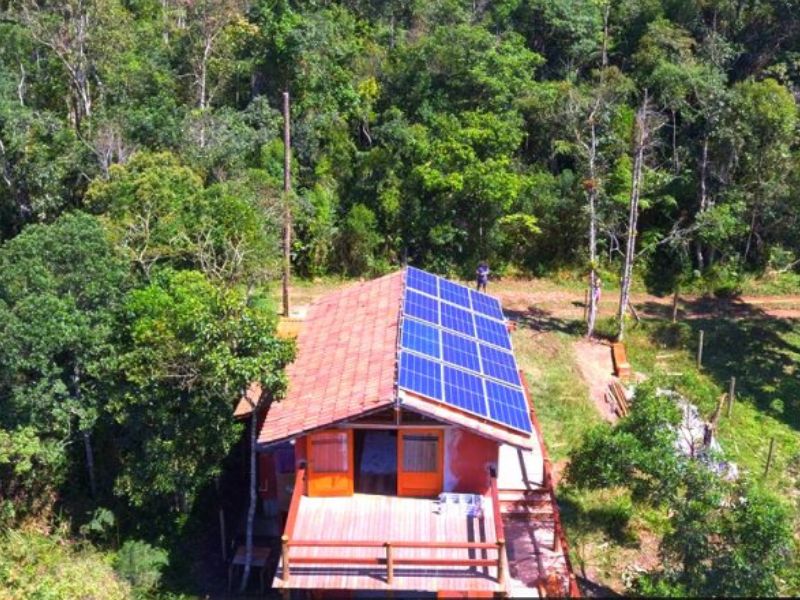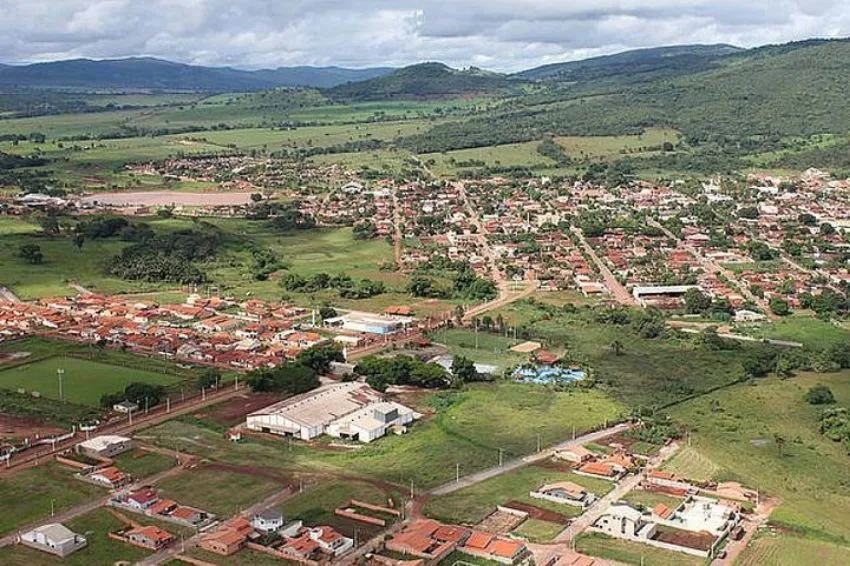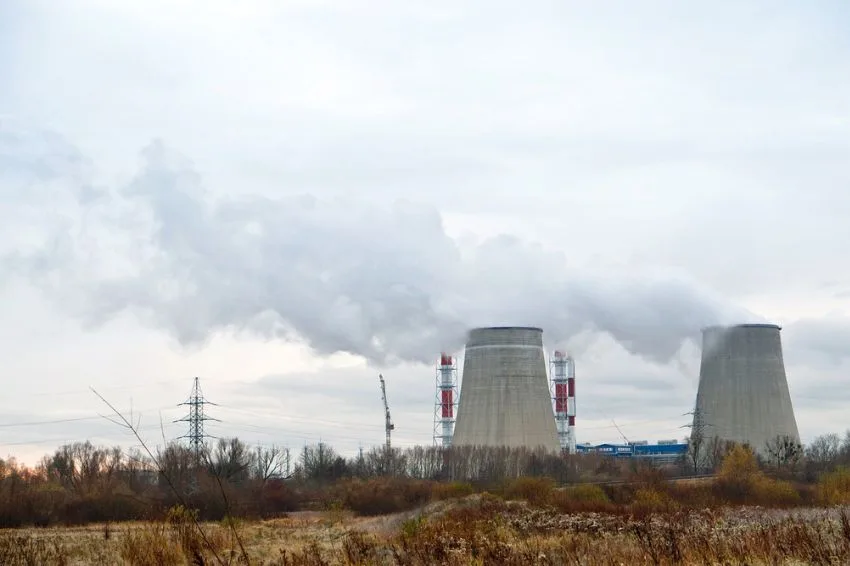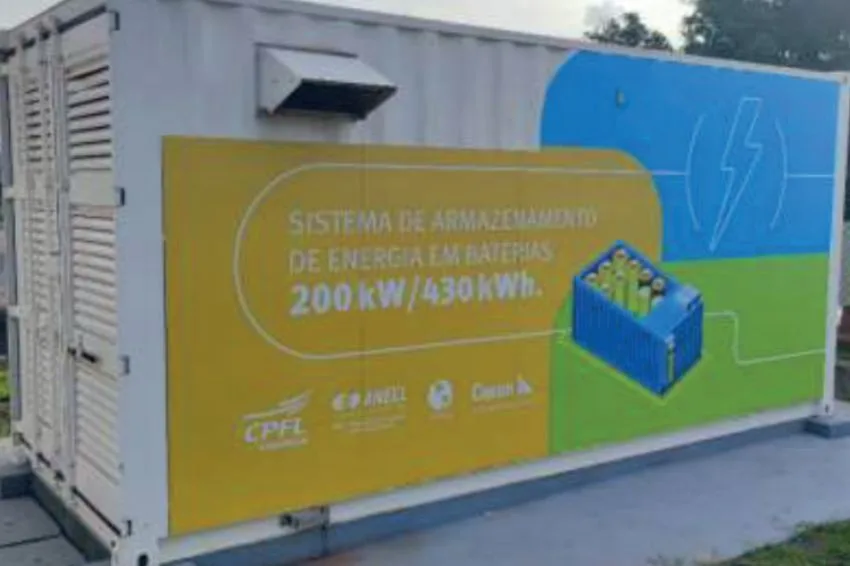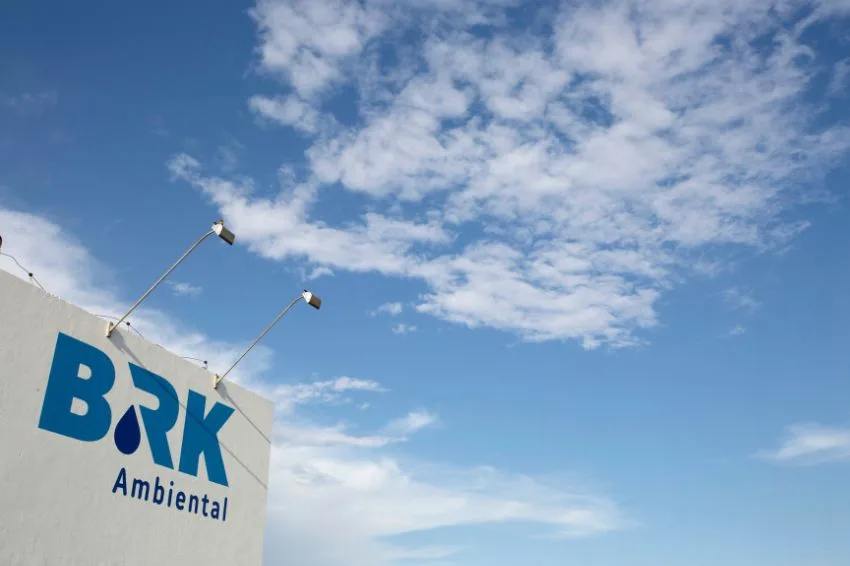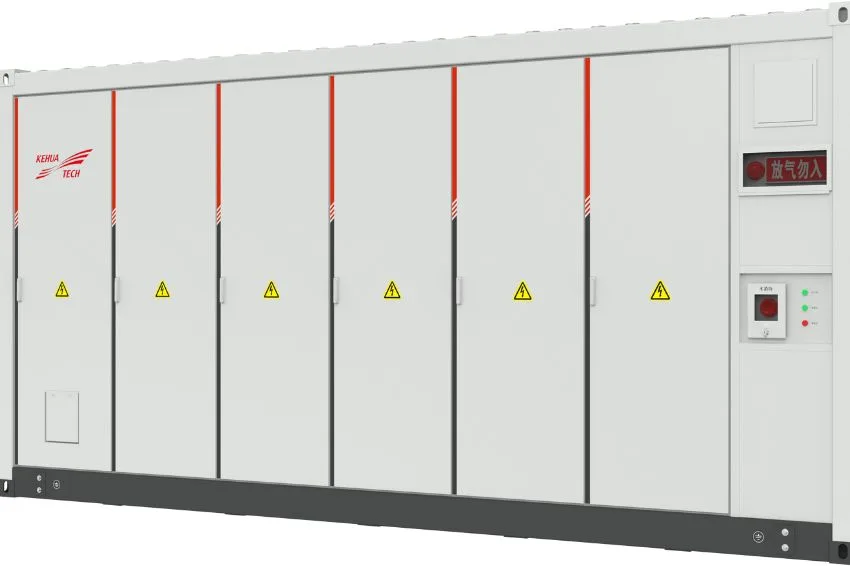O MME (Ministry of Mines and Energy) published, this Tuesday (27), a concierge which has as aim to improve auctions for service To the isolated systems – regions without connection to the electricity grid and which depend on local energy generation.
According to the Ministry, the improvements presented aim to reduce dependence on diesel in energy generation in these locations through renewable sources, such as the solar source, thus reducing CCC (Fuel Consumption Bill) expenses.
“The ordinance allows for greater economic and energy efficiency, mitigation of impacts on the environment and use of local energy resources, increasing the economic sustainability of electricity generation in the country”, highlights the Ministry in a note.
A publication of the ordinance is the result the conclusion of the analyzes from the Public Consultation No. 120/2022, which received contributions from society on guidelines adopted for auctions of isolated systems and planning guidelines defined by the MME on the topic.
In all, 341 contributions were received from 19 agents, among representatives of the private sector, non-governmental organizations, associations, electricity distributors, research institutions and individuals.
PASI
The MME also informed that it received, during the Public Consultation No. 120/2022, a series of additional studies and reports that led the Department to decide to create PASI (Isolated Systems Monitoring Portal) – a centralized information platform developed by EPE (Energy Research Company).
According to the Ministry, it is a tool with market, geographic and economic data from all isolated systems, which helped to automate and streamline the processes of collection, analysis and dissemination of planning data.
“In addition to improving the availability of information for the whole of society, PASI will enable the establishment of the LPI (Free Proposal of Interest) to expand and replace the existing offer of electrical energy services in isolated systems”, highlights the Ministry.
The LPI will be a support mechanism for the planning process, in which interested entrepreneurs will be able to indicate supply solutions to expand, complement or replace the existing offer.
“The LPI even enables alternatives with storage systems, energy efficiency, smart grids and reduction of technical or non-technical loss, or any other measure that provides a reduction in CCC”.
Through this mechanism, the MME hopes to contribute to reducing energy tariffs by reducing the charge paid to cover the CCC (Fuel Consumption Bill).
According to data from CCEE (Electric Energy Trading Chamber), the CCC budget for 2023 will be R$ 11.95 billion. The PASI implementation schedule will be published by EPE by July 30, 2023 and, once implemented, the LPI will be included in the planning process.
CCC
This is a charge charged in TUSD (distribution tariffs) and TUST (tariffs for the use of electrical distribution and transmission systems).
In it, the subsidy is paid by electricity concessionaires to cover the annual costs of thermoelectric plants in areas not yet connected to the SIN (National Interconnected System). In this case, isolated systems.
The annual amount is set by ANEEL for each company depending on its market and the greater or lesser need for the use of thermoelectric plants. The CCC was created by Article 13, item III of Law No. 5,899, of July 5, 1973.
The amounts allocated to it are included in the calculation of consumers' bills and passed on to the CCEE (Electric Energy Trading Chamber), which manages these resources.


